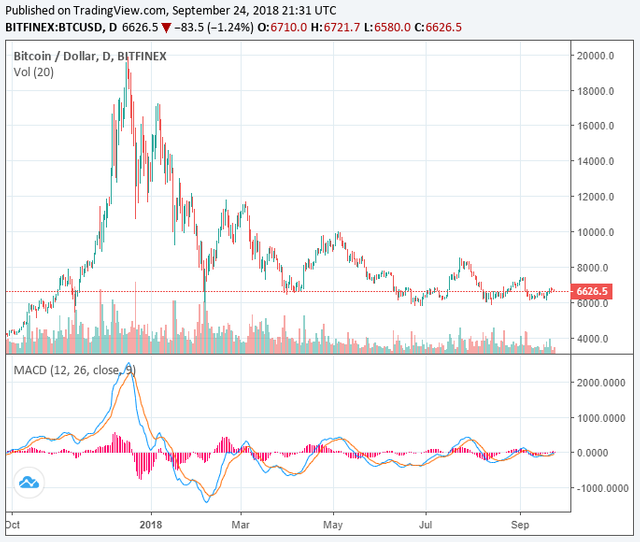New research has shown that, despite the popular notion that cryptocurrencies are generally beyond the reach of national regulators, regulatory measures still have a significant impact on crypto-producers. The research is presented in a report by the Bank for International Settlements (BIS), an organization owned by 60 of the world's central banks and representing countries that cumulatively account for 95% of global GDP.
In the report, the data presented show that, although markets generally do not respond to news from central banks that create their own digital currencies or issue non-specific general warnings on cryptocurrencies, they show a significant response to regulatory announcements. on the legal status of crypto-currencies and tokens of initial foreign exchange offer (ICO), as well as the possibilities of extension and application of AML, KYC and CFT regulations.
According to the report, four main conclusions were established on the response of cryptomarians to regulatory actions and advertisements.
First, it has been discovered that encrypted markets respond more effectively to reports and events related to legal bans, restrictions or battles on cryptocurrencies and ICOs. When the information in question refers directly to regulatory decisions or actions related to the legal status of cryptomes, the markets react with great force.
This also includes issues related to securities regulation, such as the current ambiguity regarding the pending US SEC ruling whether a publicly traded bitcoin (ETF) fund is permitted. This does not only work negatively since, according to the report, the markets are also responding positively to news of new possible legal frameworks designed to accommodate cryptocurrencies and ICOs.

Secondly, it has also been found that new regulations on AML / CFT measures and restrictions on Crypto's ability to integrate into traditional financial systems as a result of regulatory measures or lack of action have an effect. notable on cryptographers. For example, news that an encryption exchange does not have access to banking services in a regulated financial system has a significant negative effect on the local market. On the contrary, news about regulatory traffic lights for cryptographic startups to interact with regulated financial organizations, such as a successful BitLicense application from New York, has a marked positive effect on the markets.